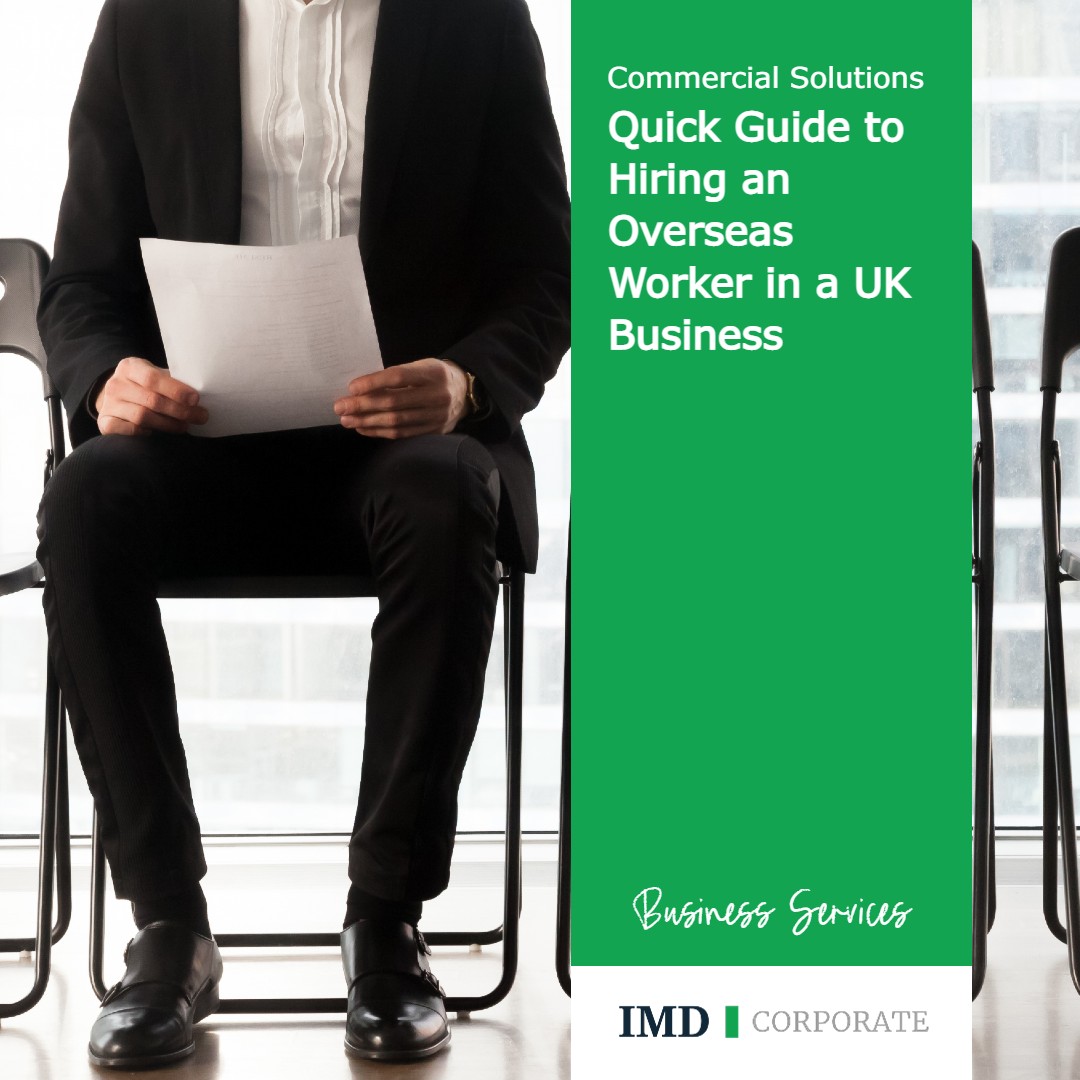
Getting the right people into your business is essential and sometimes you need to look further afield to find the right skills. There are many reasons why employers choose to hire overseas workers, but it makes the process slightly more challenging than hiring workers here in the UK. In this article, we take a look at some of the things you need to think about when hiring overseas workers.
Generally, to hire someone from outside of the UK, you will need two things:
Before the UK left the EU, EU citizens could work freely in the UK. However, since early 2021, strict rules have come into force, making it more difficult for workers to gain employment in the UK.
The points-based system is designed to allow the UK government to fairly allocate visas to foreign citizens who wish to come and work in the UK. In order to be granted a visa, foreign citizens must score highly enough based on the points system criteria. You can read more about the criteria here.
Workers must meet the minimum salary criteria of £25,000. This means that if you want to hire overseas workers, in most cases, you must offer them a salary of £25,000 or more.
To hire most eligible employees coming from outside of the UK, you will require a sponsorship licence.
Sponsorship licence applications can be challenging, and the Home Office often refer to sponsoring foreign workers as ‘a privilege not a right’. You must submit an application with supporting evidence that shows:
The Home Office will assess your application to determine whether your business can be trusted to monitor foreign workers coming to the UK. You will have certain obligations to the Home Office, such as to report to them in certain situations.
When you take on any employee, you must ensure they have the right to work in the UK. To do so, you will need to carry out ‘right to work checks’. There are currently temporary measures in place to allow employers to carry out right to work checks during the covid-19 pandemic. You can find out more about the current processes here.
Part of this process is collecting the necessary documentation from the employee, which may include their passport, immigration document or residence permit. Employers are under an obligation to ensure these documents are in order such as checking dates and ensuring the photo matches the person they wish to employ.
Where an employee has a right to work only for a limited time, employers must carry out follow up checks when the employees right to work is due to expire.
At IMD Corporate, or employment team understand the challenges businesses face in ensuring compliance with employment law obligations which are constantly evolving to reflect new ways of working and changing social attitudes. We offer a wide range of services, which can either be purchased individually for a fixed cost or accessed in full by joining our employer-protect scheme, which makes us affordable for all. For more information, please contact Marcin Durlak on 0330 107 0106 or email us at business@imd.co.uk.
This article is for general information only and does not constitute legal or professional advice. Please note that the law may have changed since this article was published.